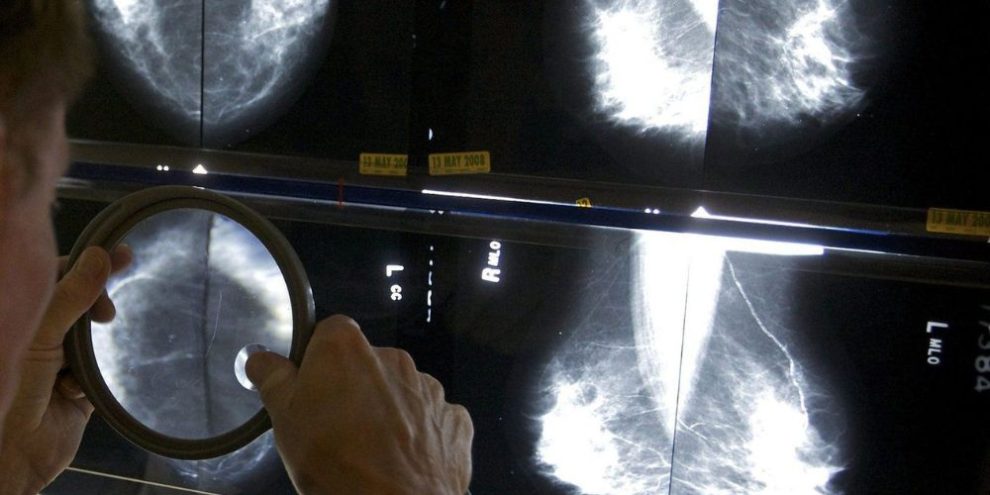
The health minister is hoping to relaunch a federal task force responsible for providing health screening guidelines next spring, after an expert report said there is a pressing need for reform.
The Task Force for Preventive Health Care provides clinical guidelines for primary care providers on screening and prevention measures for cancer and other diseases.
The group came under fire in May 2024 for rejecting expert advice to lower the age for breast cancer screening.
Barrie's News Delivered To Your Inbox
By submitting this form, you are consenting to receive marketing emails from: Central Ontario Broadcasting, 431 Huronia Rd, Barrie, Ontario, CA, https://www.cobroadcasting.com. You can revoke your consent to receive emails at any time by using the SafeUnsubscribe® link, found at the bottom of every email. Emails are serviced by Constant Contact
It maintained that routine breast cancer screening should start at age 50 and end after age 74, though it said younger women could seek a mammogram after weighing the risks and benefits of early screening.
Experts and the Canadian Cancer Society had called for the minimum screening age to be lowered to 40. A number of provinces are already funding screening for women between the ages of 40 and 50.
Mark Holland, the health minister at the time, called for the expert review last October and suspended the task force's work in early March while the review was underway.
Health Minister Marjorie Michel said in a statement Friday that she's asked the public health agency to immediately begin work on implementing the report's recommendations, and to ensure the modernized task force is fully operational by next April.
The expert report said the task force needs a clear mandate and should become an external advisory body with transparent governance and accountable processes.
It calls for guidelines to be developed in co-ordination with provincial and territorial programs. It said health agencies, professional associations, specialist societies and the private sector all issue their own guidelines, creating uncertainty for health providers and patients alike.
The report said the expert panel "heard concerns that physicians with expertise in diagnosing and managing specific diseases were not consistently included in the task force's work" and called for greater engagement with subject matter experts.
It also recommends changes to the membership of the task force itself.
It said the Public Health Agency of Canada "should launch open and transparent calls for nominations and conduct targeted outreach to engage professional, academic and community organizations identifying candidates from diverse backgrounds."
The report got positive reactions from advocacy groups, including the Canadian Cancer Society, which said it was pleased to see its recommendations included.
"This report reflects opportunities raised by many caring people and organizations who all share a common goal of making Canadians healthier and we're very hopeful for the future," said the society's CEO Andrea Seale in a statement.
Seale said the task force has a backlog of outdated guidelines that must be addressed and it's up to the government to ensure the reforms happen promptly.
Dense Breasts Canada, an advocacy group that has been calling for revisions to the national breast cancer screening guidelines for years, said the expert panel's report is good news.
"The expert panel's recommendations set out a new direction for developing screening guidelines which reflect the latest evidence and are responsive to the needs of Canadians from all backgrounds," said the group's executive director Jennie Dale, who made a presentation to the external review panel.
The report said the task force should gradually adopt a "living guidelines model" that responds continuously to new research findings.
"The COVID-19 pandemic demonstrated the importance of timely, evidence-based updates and highlighted the value of real-time synthesis and international collaboration in adapting to rapidly changing conditions and evidence," the report said.
Dr. Anna Wilkinson, a general practitioner and oncologist at the Ottawa Hospital, said in a media statement that by "calling for formal expert involvement, the integration of diverse and evolving evidence, equitable care and ongoing evaluation," the report paves the way for "agile, 'living' guidelines that keep pace with scientific advancements."
This report by The Canadian Press was first published June 13, 2025.





